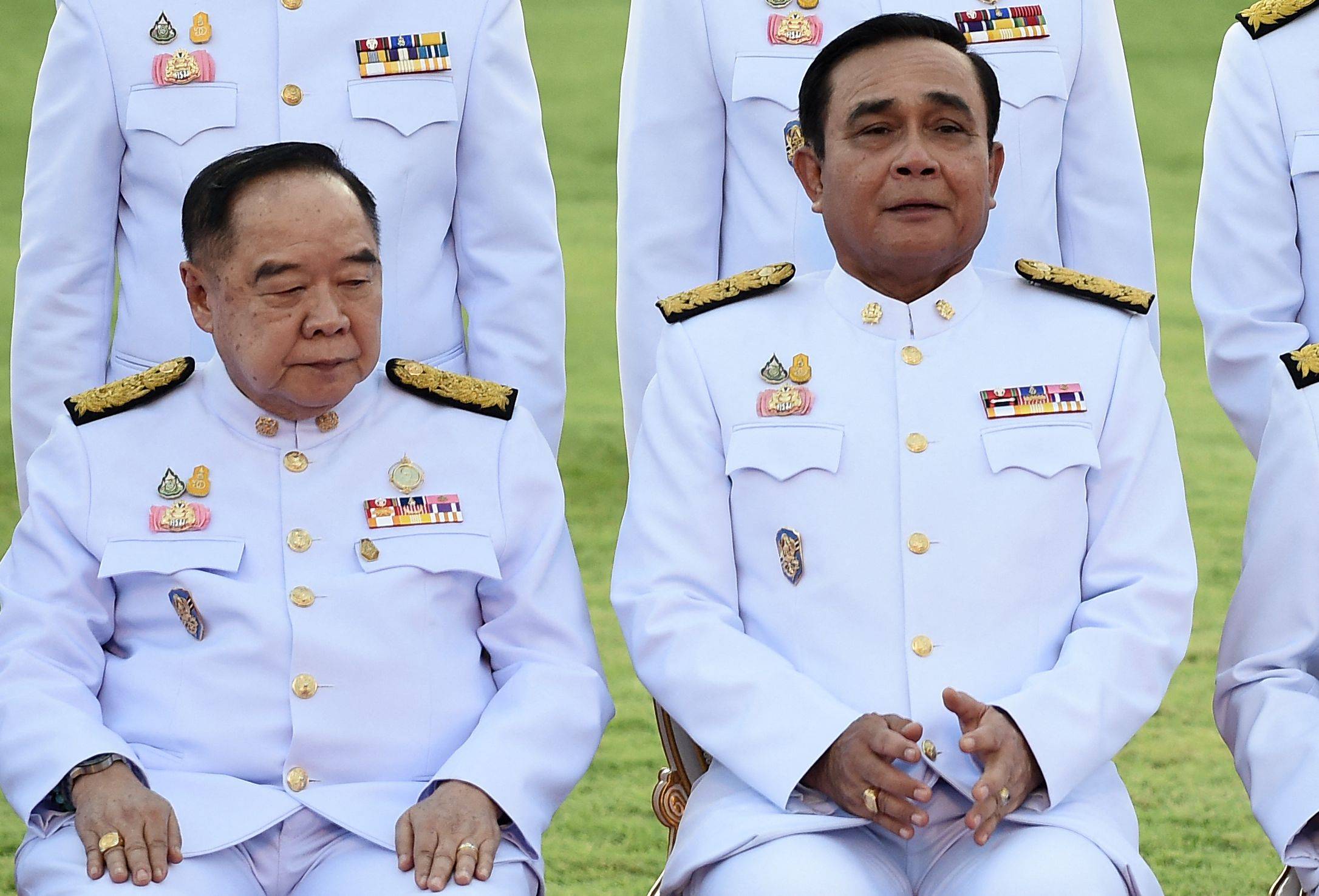Thailand’s Constitutional Court surprised the nation last week by suspending Prime Minister Prayut Chan-ocha, a former army chief who first took power in a 2014 coup and stayed on following an election five years later.
The court, whose members were largely picked by a military-appointed Senate, took the action while it deliberates on whether Prayut exceeded an eight-year term limit added into the post-coup constitution. That provision was intended to prevent popular elected leaders from holding power too long, particularly after the army forcibly removed Thaksin Shinawatra in 2006 and his sister, Yingluck Shinawatra, in 2014.
The court’s move has fueled speculation that Thailand’s royal establishment is looking to replace Prayut ahead of an election that must be called by March 2023. Although election rules still favor the military-backed group to retain power, it faces stiff competition against the Pheu Thai party backed by Thaksin, whose allies have won the most seats in every national vote over the past 21 years.


















With your current subscription plan you can comment on stories. However, before writing your first comment, please create a display name in the Profile section of your subscriber account page.